- Learning time
- 30 minutes
- First play time
- 180 minutes
Concordia
Designed by: Mac Gerdts
Concordia sees players compete to spread themselves over either Italy or all of Europe (the board has two sides) to establish themselves in various cities and harvest the good produced in that region – food, bricks, metal, wine and cloth. It’s an involving game, but for one that invites so much thought, surprisingly fast-moving once everyone has a grasp of what they’re trying to do.
The game moves forward through playing of cards – each player has the same starting hand, and more cards can be purchased during the game. Once a card is played it goes face-up onto your discard pile (each player has their own discards), and can’t be used again until a certain card (the Tribune) is played to return all expended cards into your hand.
Cards allow you to move your colonists around the board, build houses in cities, collect resources from the regions, and trade the resources you have with the bank. There’s also a delightful Diplomat card, which allows you to copy the just-played turn of one of your opponents (i.e. the card currently at the top of their discard pile).
At the end of the game the little banner at the bottom of every players card comes into play, as these dictate everybody’s scores. Each card has the name of a Roman God on it, and they each have a particular way of scoring points. They might reward having a lot of colonists, or having built houses in a lot of regions, or houses in a particular type of city. There are six Gods and really, the key to winning is to keep an eye on what cards you purchase during the game – focussing on one or two of them is more likely to reward than a smattering of everything!
The game is beautifully designed, and with very few rules, not too difficult to pick up and play. Winning is a different matter – it’s all about making the right choices with your cards, and not finding that on every turn you want to play a card that’s sitting in your discard deck!
The guru's verdict
-
Take That!
Take That!
There's a little room for take-that in Concordia. Other players can beat you to building a house in a city, making it more expensive for you, or block a route somewhere. They can also judge which cards you're after and potentially nab them. But overall, it's not really a game where the focus in on stopping others, but optimising your own move.
-
Fidget Factor!
Fidget Factor!
Unless you're unlucky enough to get (or be) the type of player who agonises over every decision, Concordia moves at a reasonable pace.
-
Brain Burn!
Brain Burn!
You're more likely to ponder moves for longer earlier in the game. Ideally after a few rounds choices become clearer.
-
Again Again!
Again Again!
Whilst not being as accessible (for younger players) as some, those who enjoy a simple rule-set with strategic depth will enjoy Concordia a lot. There is also an expansion available with new maps of Germany and Britain.

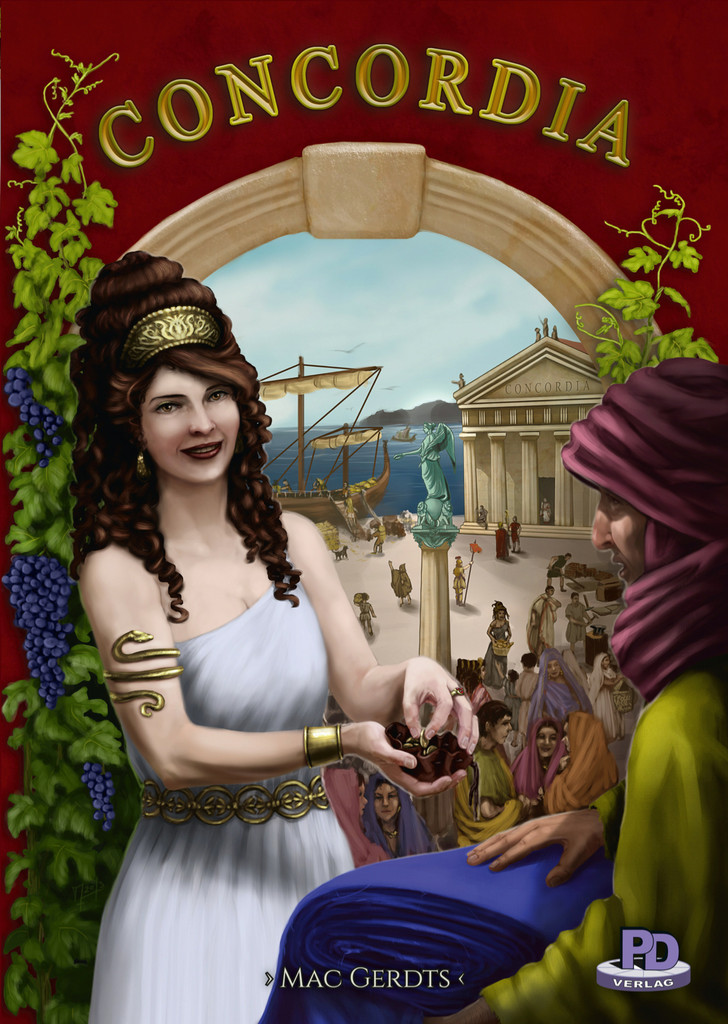
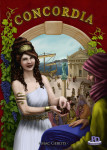
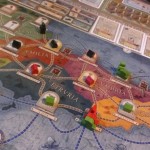
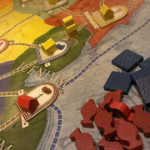
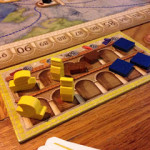
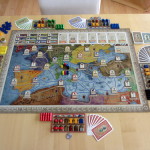
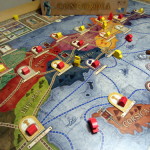
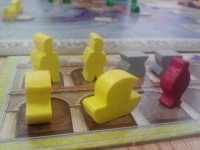
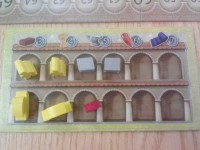


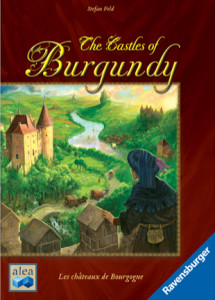
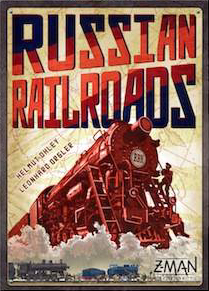
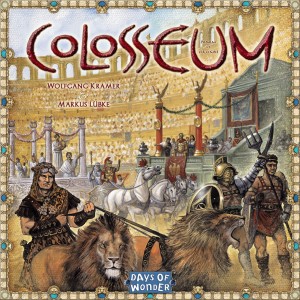
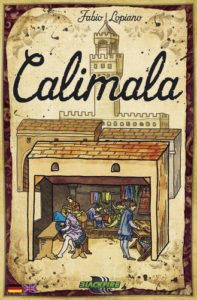
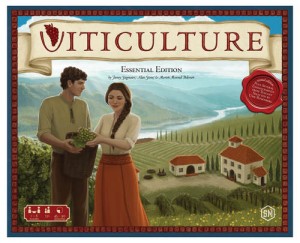
Sam says
Concordia is one of those games (see In the Year of the Dragon, Viticulture and others) where you can never quite do all the things you want to - how much you enjoy it may well come down to how you feel about that. I love that card system, but obviously some people will find it frustrating, and if anyone ever made a commercial for Concordia you probably wouldn't see a family laughing it up up a lá Mouse Trap. It's more for those who love a cognitive a challenge - within that simple options-running-out of the cards available to you are a multitude of options, and if the actions on the board can feel a little abstracted, it's all beautifully presented and rather ingenious with it.